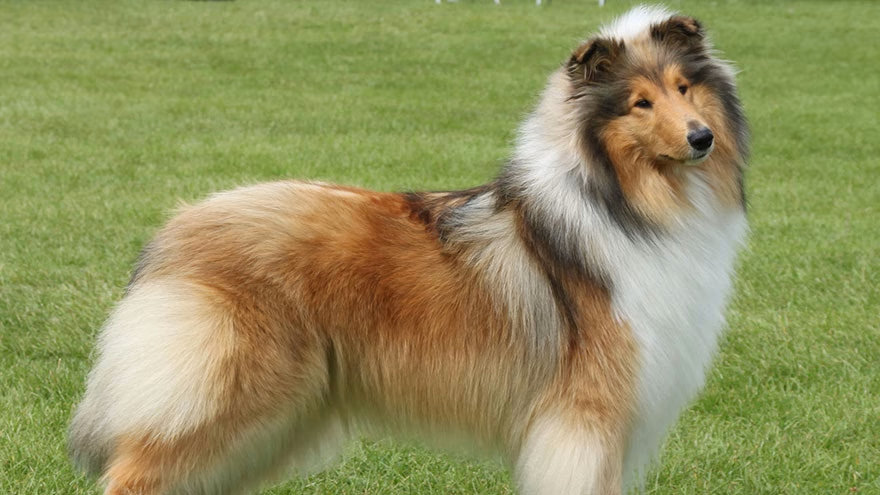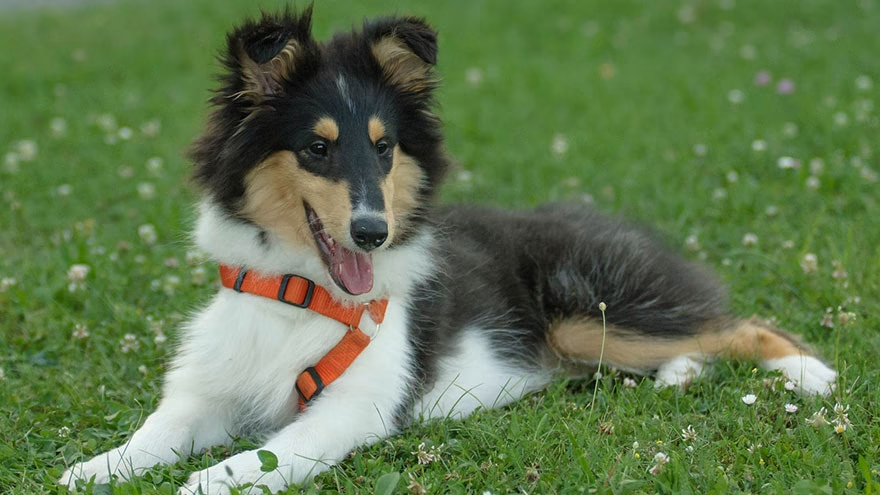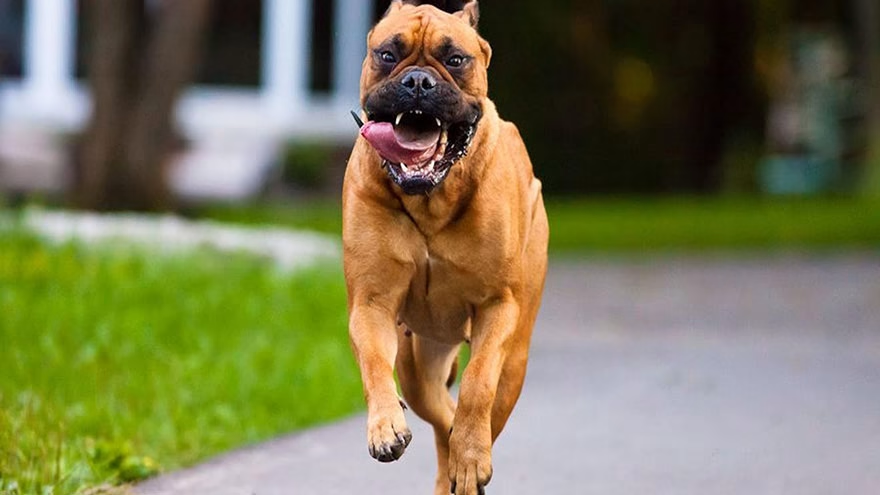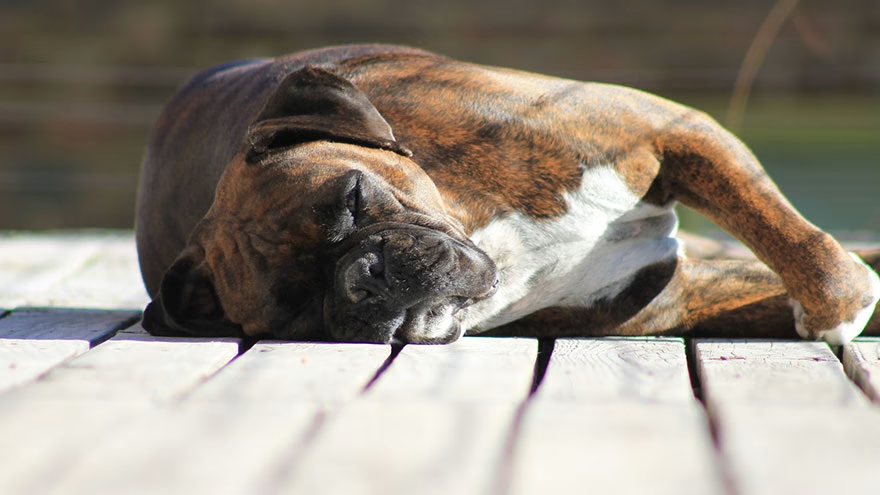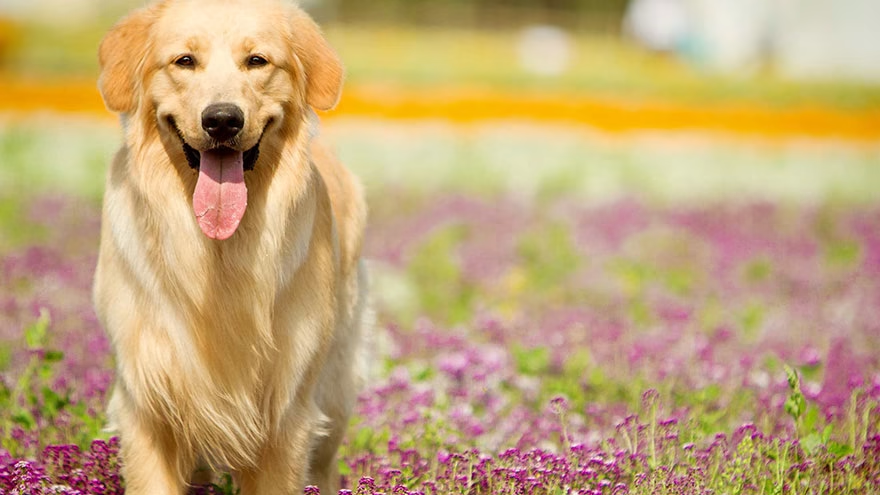The Collie is listed separately from other breeds with similar names, for instance, this breed should not be confused with the Border Collie, which is completely different.
There are rough-coated Collies and smooth-coated collies, the first with a longer, rough-textured coat and the second with a short, flat coat. This breed makes an excellent family pet because Collies usually do not give all their loyalty to one person. Therefore, the Collie makes an excellent companion for all members of the family, loving to play and run about.
Collie Temperament
You can depend almost completely on the Collie being a friendly, loving, and intelligent family dog that is easy to train and one of the easiest to housebreak in comparison to many other family pets. Your Collie will want to be with you or your family members most of the time, actually becoming bored or lonely when not able to mix with people.The breed is also a good watchdog, although known to be a barker! However, the breed is not naturally aggressive.
Some Collie owners and experts have used words like sensitive and even sweet to describe the overall personality of the breed. Keep in mind that the Collie can be a bit willful or a stubborn when young, so they must be trained with care and firmness. If properly socialized, many owners find that the dog “outgrows” these tendencies because of the love of being around people.
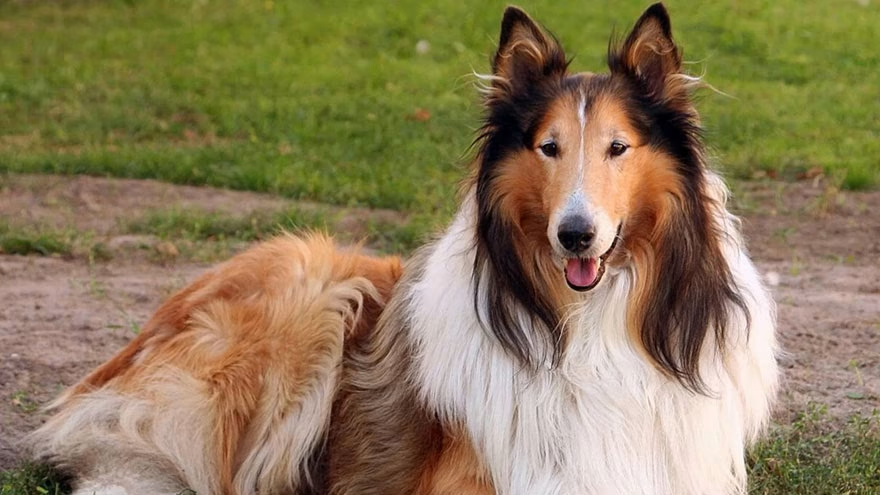
Collie Size And Color
The Collie is a trim dog but actually stronger than its appearance may indicate. The coat can be one of the most attractive features of a Collie, especially if the owner takes time and care to brush the coat and keep it very clean. The one thing you cannot miss is the distinctive long, wedge-like face and ears that are nearly erect.Collies come in four colors – sable and white, tri-color (black, white, and tan), blue merle, and mostly white with markings of the first three categories. A grown Collie will stand about 24 inches and weigh from 60 to 75 pounds for the male and 50 to 65 pounds for the female.
The wonderful coat and color markings, along with the popularity of the Collie in television shows such as Lassie, make this breed very widespread.
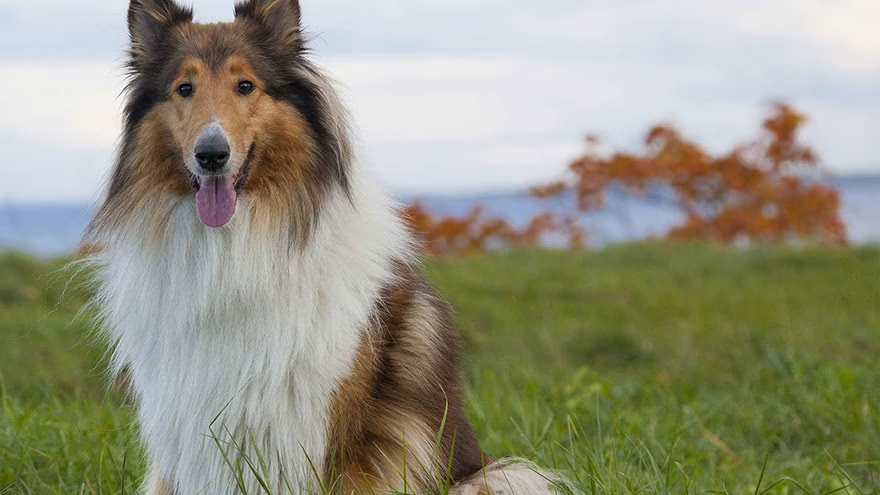
Collie Feeding And Grooming Requirements
One of the key benefits of the Collie’s coat is that it seems to shed dirt fairly well, so some weekly brushing and other attention can keep your pet clean. In addition, bathing and shampooing as needed should do the trick for keeping the Collie’s coat shining. However, this breed does shed heavily twice each year, so be prepared for the extra cleanup and brushing during that time.Veterinarians often suggest a diet of high quality protein and some fats, with vegetable enzymes being helpful as well. Then, grains such as oats and wheat added to food help with some of the health needs as well. For instance, a great food combination would consist of chicken, egg, and fishmeal, coupled with fruit and vegetable items.
Remember, the Collie was bred to work and exercise regularly so any feeding plan for the breed should keep this in mind.
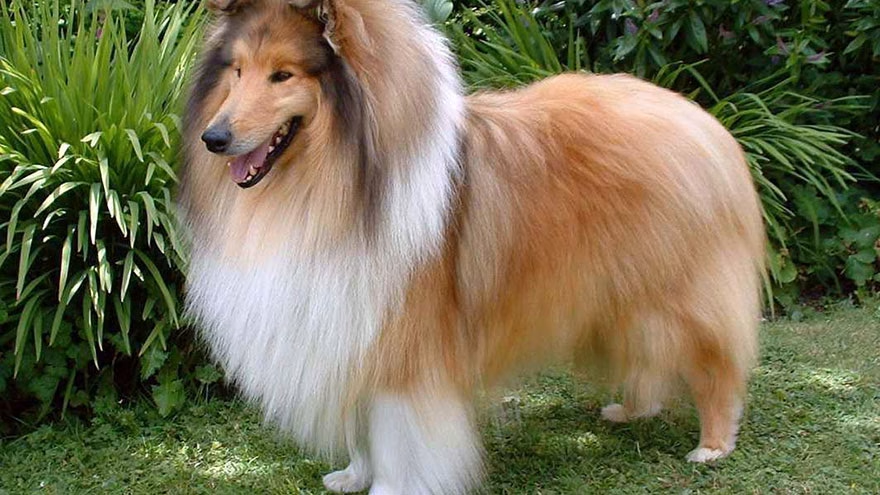
Collie Exercise Needs
The Collie loves to play and run with people it is comfortable with, as they were originally bred for herding in Scotland. Even though many people choose them for their beauty and color, this breed is also a sturdy breed and very intelligent. Thus, your Collie will do best with regular exercise and interacting with family members.Keep in mind that this breed does have a somewhat heavy coat, so you want to be careful in hot weather and hot climates. Although people have been known to shave Collies, experts emphasize that the coat should never be removed because it acts as insulation in both hot and cold weather.
The Collie’s intelligence and natural ability to work will lead it to be bored with repetitive play and training. For this reason, you want to be sure to vary the exercise and training, keeping the activity in short periods. This way, the dog will remain interested, which also assists with training.
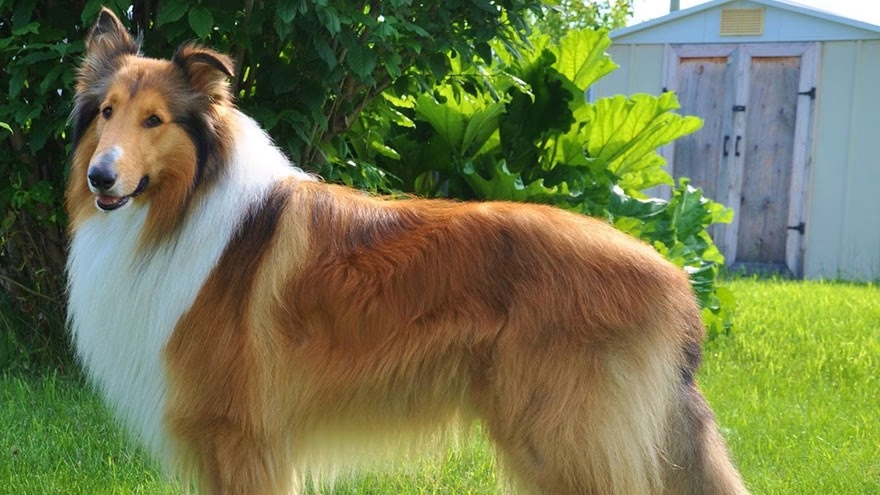
You Might Also Like :: Collie Health Guide
Save for later
Found this helpful?
Pin this article to your Pinterest board and come back to it whenever you need a reminder.
Save to Pinterest